Meaningful performance management becomes easier when you focus on expectations, actual performance and impact.
The end-of-year conversation lets managers and employee engage in dialogue and develop a shared understanding about overall performance throughout the past year. After Human Resources kicks off the process, employees complete a self-evaluation in Workday, providing critical perspective for their manager to give meaningful performance feedback.
Human Resources has developed prompt questions to help you prepare for your end-of-year conversations. You will find further down this page a high-level overview for completing the documentation steps in Workday, along with several job aids for both employees and managers.
A training video on conducting end-of-year conversations is available here.
For Employees
You do not need to produce an exhaustive list of work from the prior year. Rather, focus on capturing your accomplishments and achieved results, as well as challenges and missed opportunities you faced and how they impacted job performance.
In preparing the self-evaluation, consider the responsibilities outlined in your job description and/or the previous year’s goals and expectations. We encourage you to examine and document not only what you accomplished but also how you approached your work relative to RISD’s competencies. Briefly note your accomplishments as well as any challenges you faced.
For Managers
Prepare for the end-of-year conversation by considering the same body of work. Take into account expectations, accomplishments and obstacles, as well as how employees demonstrate RISD’s competencies in their work.
End-of-Year Conversation Guide
In the best performance conversations, managers and employees engage in productive dialogue focused on expectations, performance and impact, with a high degree of mutuality and understanding. These conversations also help you plan for development and set the stage for the year ahead.
During the conversation, both employee and manager should:
- address and summarize goals/expectations and development activities from the past year.
- respond to prompt questions (as applicable) about performance-related highlights and challenges (see below).
End-of-Year Conversation Prompts
In preparing for your conversation, consider the prompts below:
| Employee | Manager |
| Here are the accomplishments and/or milestones I achieved. | Of the results achieved, which are the most impactful to the department and/or institution? |
| Here are some of the things that got in the way of my accomplishing goals or tasks. | What are some of the things that got in the way of achieving your task? |
| Here are examples of how the use of competencies had a positive impact on my performance. | In what ways did your use of competencies influence your performance? |
| Here are the resources or support needed to be the most effective in my role. | What resources or support do you need that will enable you to be most effective in your role? |
Once the employee submits their self-evaluation, the manager adds their own comments and feedback via Workday. Before completing this step, the manager should schedule an in-person meeting for the end-of-year conversation, using the prompts above as a guide.
End-of-Year Process in Workday
The end-of-year conversation process is as follows:
- employee self-evaluation
- manager evaluation
- employee/manager conversation
- employee acknowledgement
End-of-Year Conversation Process Steps
A training video on the end-of-year conversation Workday process is available here.
- Human Resources initiates process in Workday
- Employee receives Workday inbox item to begin first step.
- Employee receives instruction to complete the self-evaluation and submit it to their manager.
- Manager receives Workday inbox item to review their employee’s self-evaluation. At this time the manager also provides and submits their own comments and feedback.
- Manager receives Workday inbox item to schedule an end-of-year conversation with the employee. The manager should not submit this inbox task until after they meet with their employee.
- Employee receives Workday inbox item to acknowledge that they’ve had their end-of-year conversation. At this time employees can also submit additional comments, as necessary.
- Manager receives Workday notification that the end-of-year conversation is complete.
Support Documents for Employees
Support Documents for Managers
See our job aids for information related to managing and viewing goals.

